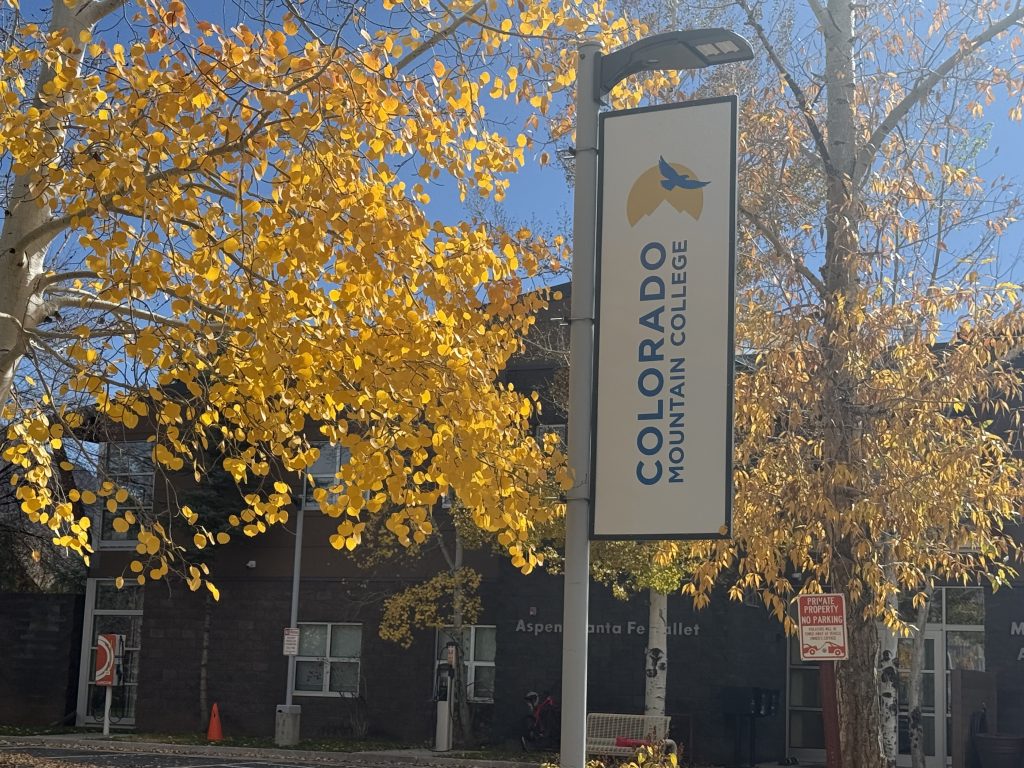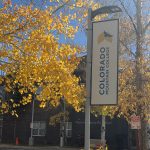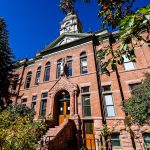Colorado Mountain College’s property tax measure takes an early lead

Madison Osberger-Low/The Aspen Times
A ballot measure that would allow Colorado Mountain College to set its mill levy above the state property tax limit is taking an early lead, according to unofficial results from the Secretary of State’s Office.
Early results for the college’s special taxing district show 71.1% of votes in favor of ballot measure 7C (31,661 votes) and 28.9% of votes in opposition (12,869 votes), as of 7:40 p.m. Tuesday.
“The early results show a tremendous amount of faith in Colorado Mountain College as a community institution in today’s world, where there’s seemingly polarization around every single issue,” said Chris Romer, president of the college’s board of trustees. “I am cautiously optimistic as the rest of the ballots come through.”
Colorado Mountain College is a public college with 11 campuses across the central mountain region. Its special taxing district covers eight counties and nine school districts, including all or portions of Eagle, Garfield, Summit, Pitkin and Lake counties, as well as the city of Steamboat Springs and the Salida School District.
Ballot measure 7C was authored by the Colorado Mountain College board of trustees and requests the approval of voters to raise its mill levy past the 5.25% yearly revenue growth cap for local governments approved by Colorado lawmakers in 2024.
Romer said the cap blocks Colorado Mountain College from adjusting its mill levy without seeking approval from voters, which would slow several projects.
Measure 7C’s ballot language states the increased revenue would go toward expanding training for nurses and first responders, expanding in-demand skilled trades and developing housing strategies to retain talent in mountain communities.
While there is no registered opposition to ballot measure 7C, some individuals have argued the statewide revenue growth cap should apply to all local governments and special taxing districts without exceptions, and that the college’s improvements shouldn’t be funded by increases in homeowners’ property taxes.
Roughly 70% of the college’s funding comes from property taxes, followed by tuition (12-15%) and state funding (13%). The public college’s affordable tuition is made possible through property tax funding, Romer said.
The ballot measure has a 10-year sunset, after which voters would need to vote on whether to extend it.










